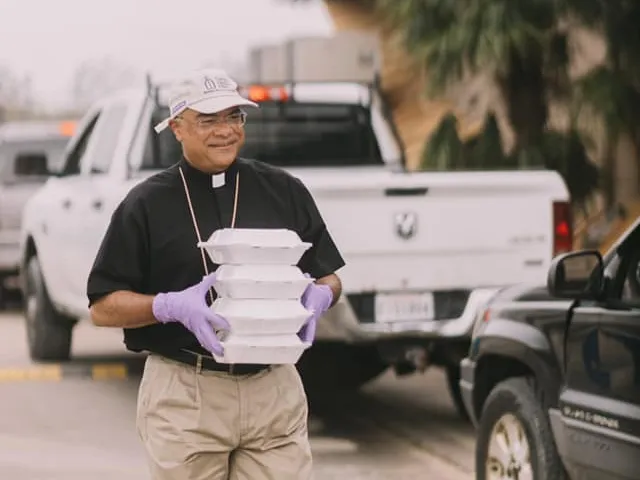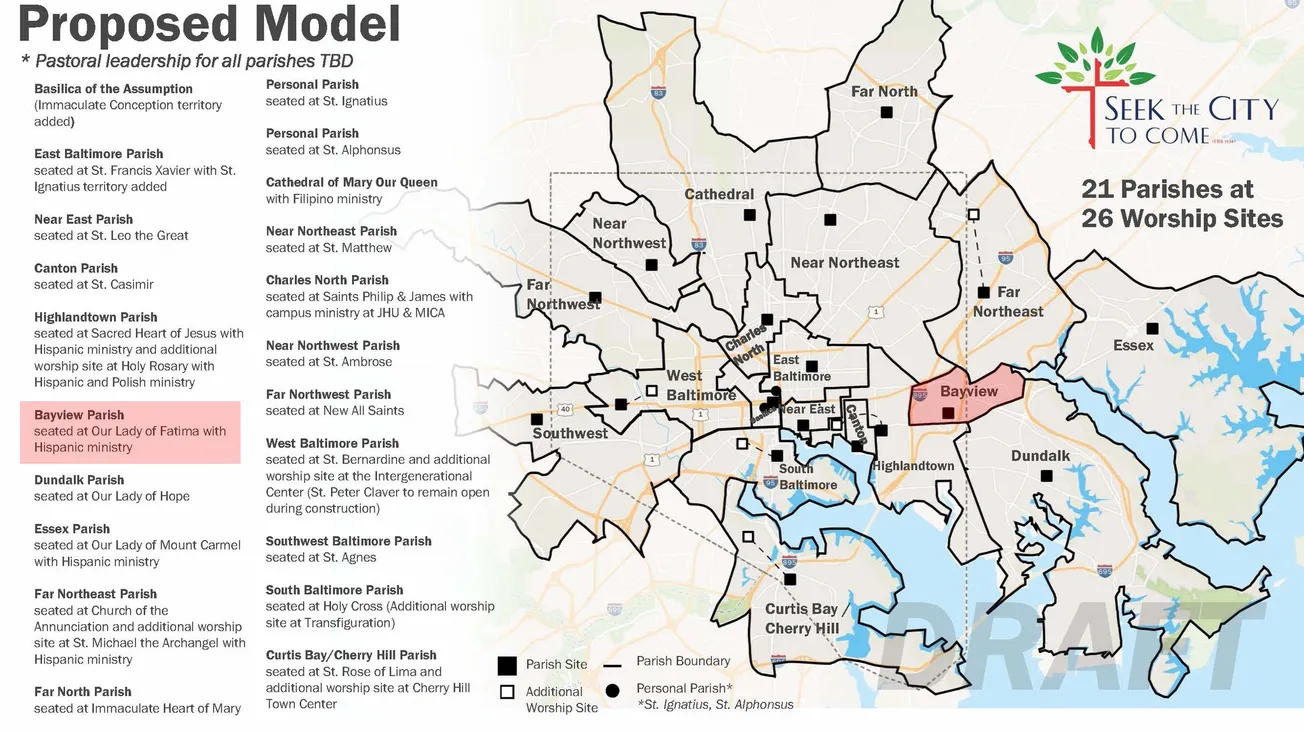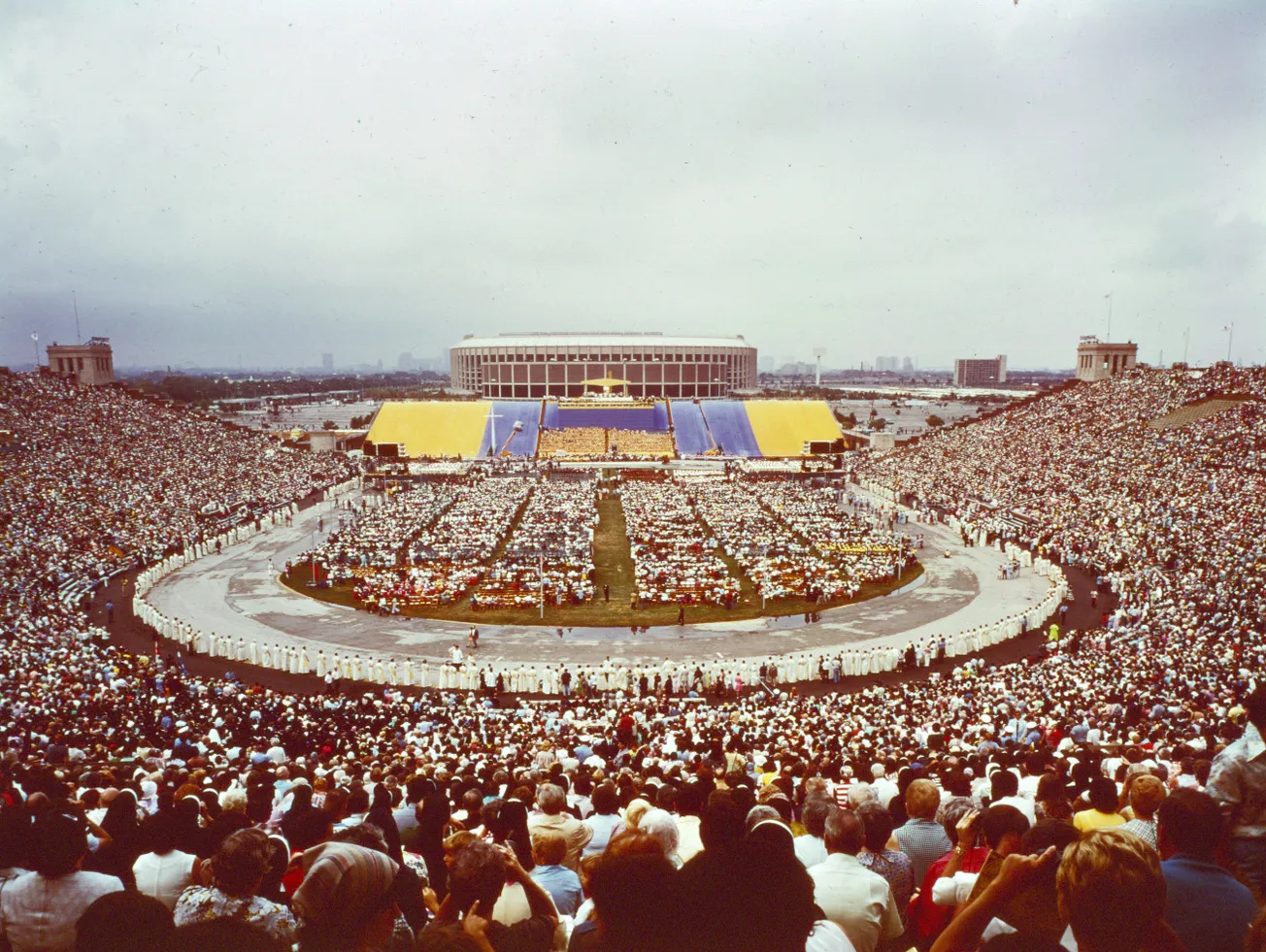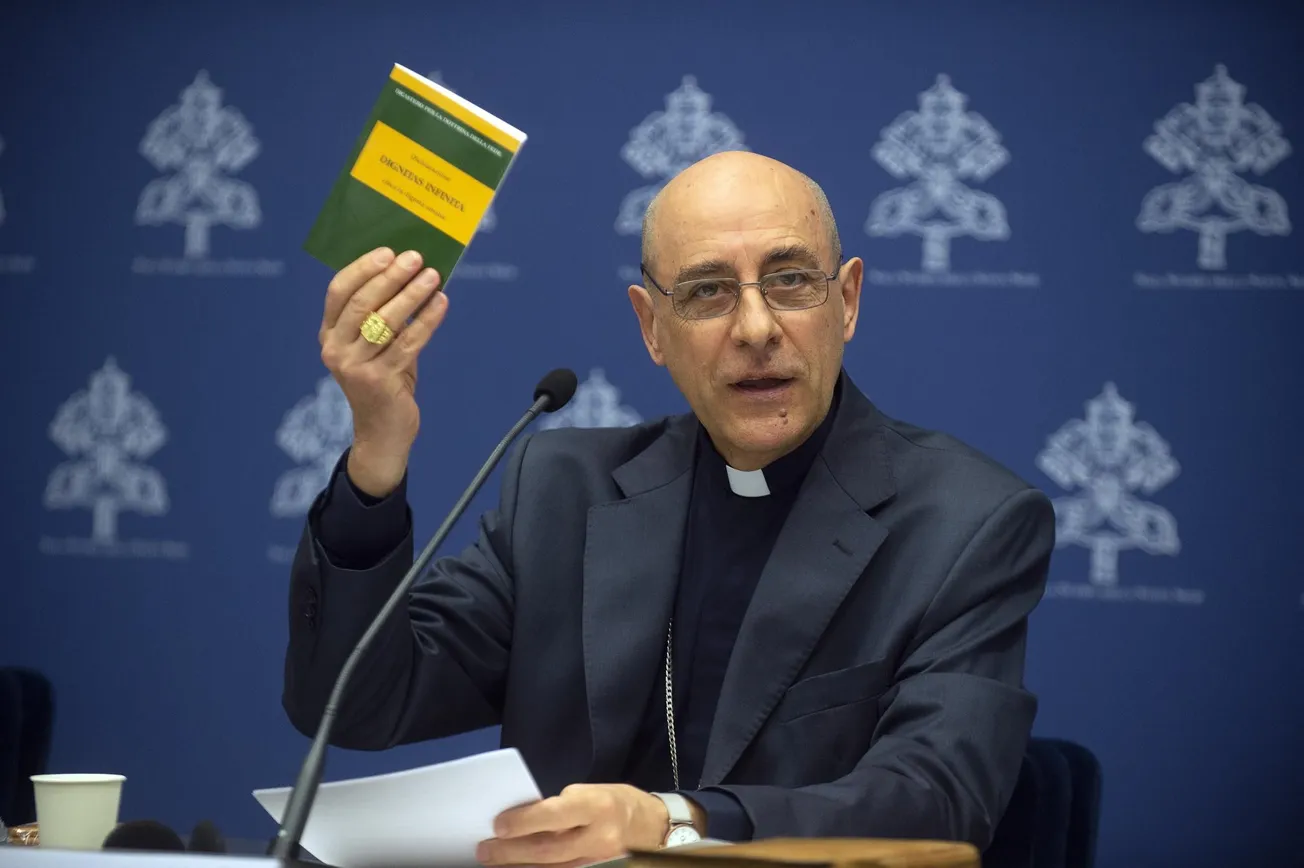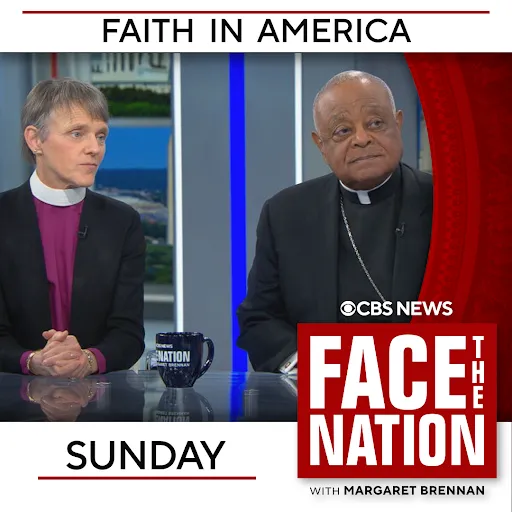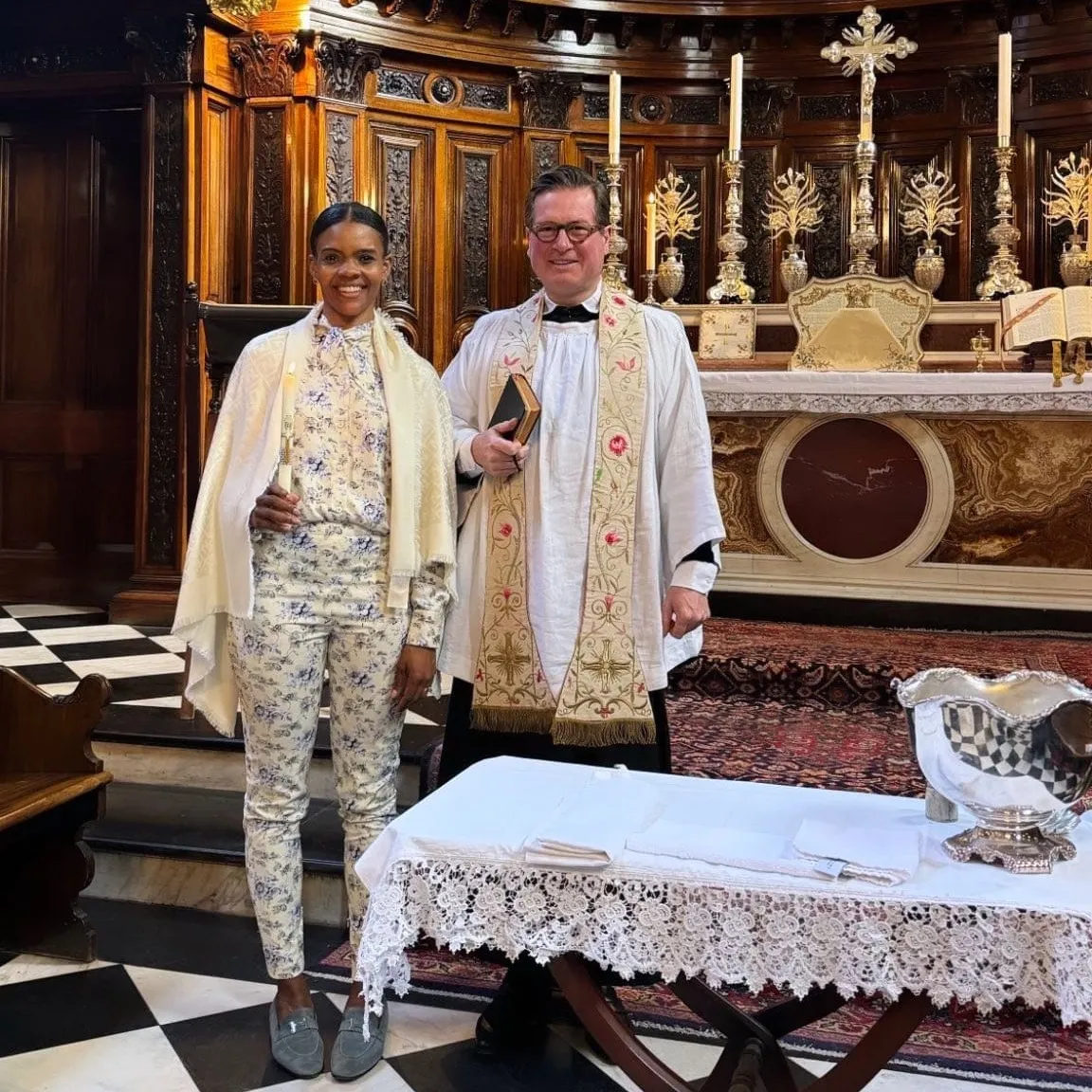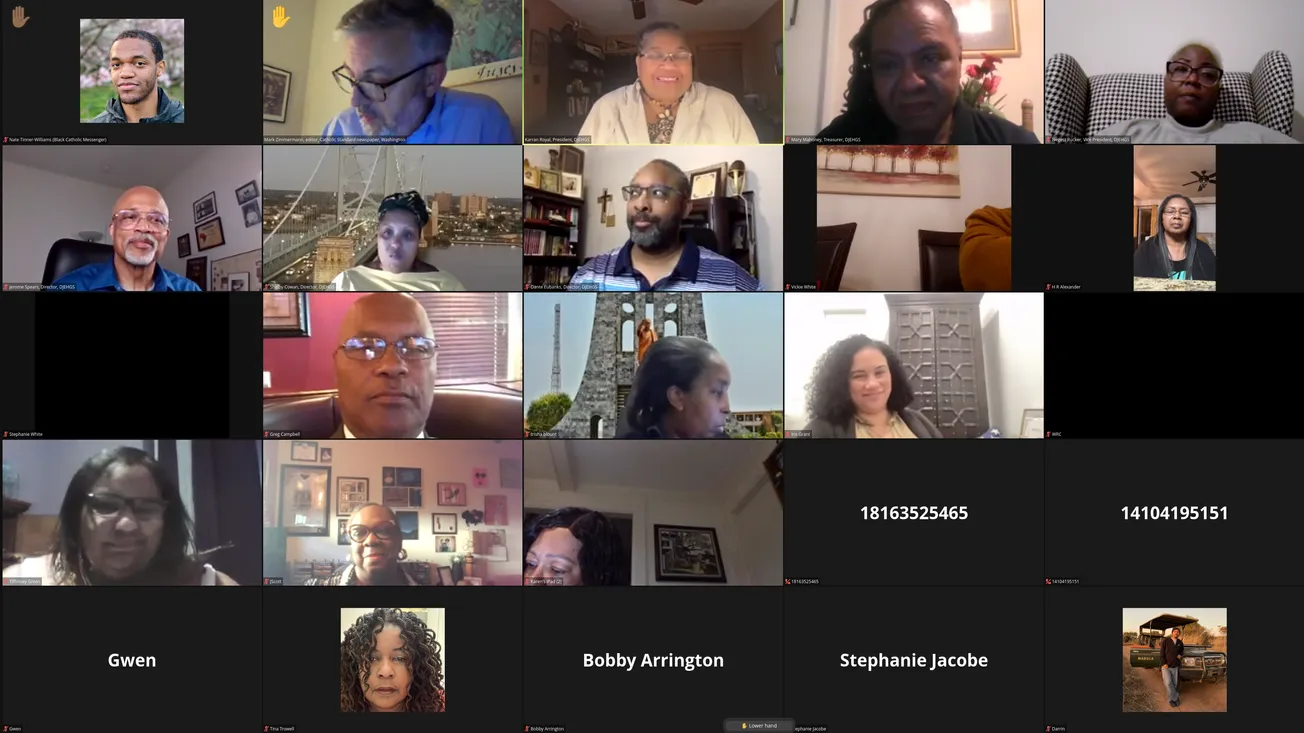Bishop Shelton Fabre of Houma-Thibodaux has been named the fifth Archbishop of Louisville—making him just the fourth African-American archbishop in history.
The news was announced early this morning by Archbishop Christophe Pierre, the apostolic nuncio to the United States.
The archdiocese has scheduled a press conference for 10:30am ET, and Fabre has scheduled a press conference in Louisiana for 1pm ET.
Pope Francis has accepted the resignation of Archbishop Joseph E. Kurtz, 75, from the pastoral governance of the Archdiocese of Louisville, and has appointed Bishop Shelton J. Fabre of Houma-Thibodaux as his successor: https://t.co/E5YyWu29qp pic.twitter.com/0oX2ioRWAU
— U.S. Conference of Catholic Bishops (@USCCB) February 8, 2022
The 58-year-old Louisiana native will be the youngest American archbishop in the country, and is the first non-White archbishop in Louisville history (as he was in Houma-Thibodaux).
He is also the first African-American to begin an archiepiscopacy outside of Atlanta.
All three of Fabre’s forebears in that regard—the late Archbishops Eugene Marino SSJ and James Lyke, OFM; and the sitting Cardinal Wilton Gregory of Washington—began their metropolitan service there within the last three and half decades.
Like Gregory’s elevation to the cardinalate in November 2020—Black Catholic History Month—Fabre’s own historic ascension is being announced during Black History Month, as many Catholics around the country are celebrating the legacy of African-Americans trailblazers, among whom Fabre can certainly be counted.
"I express my most sincere gratitude for our life together here in South Louisiana. I love the people of this diocese," Fabre said in a video statement released on social media this morning.
"I am deeply grateful for the love, the support, and the kindness that you have shown me during my service here."
He is succeeding Archbishop Joseph Kurtz, who submitted his mandatory resignation request at the age of 75 last fall, following a battle with cancer. He had served in Louisville since 2007.
Reports say Fabre was one of several candidates in line for the post, amidst his service in Houma-Thibodaux during and after Hurricane Ida, which devastated the region last August (just weeks after Kurtz’s resignation).
For his service amidst these and other trials, he was named one of Our Sunday Visitor’s 2021 Catholics of the Year.
Fabre has served in Houma-Thibodaux since 2013 and as head of the USCCB’s Ad Hoc Committee on Racism since 2018, spearheading the distribution of the bishops’ pastoral letter against racism, “Open Wide Our Hearts”. It has since been used nationwide as a resource for reconciliation and healing following the murder of George Floyd.
The murder of Breonna Taylor also deeply affected the letter's impact, having occurred in Louisville in March 2020, adding fuel to the Black Lives Matter movement and protests centering around Floyd.
Fabre has continued to serve as the face for the bishops’ anti-racism initiatives, including nationwide listening sessions, but was prevented from presenting for the committee at last year’s USCCB Fall General Assembly by the ongoing recovery efforts from the hurricane.
He will now face more challenges in Louisville, where protests accusing archdiocesan officials of neglecting Black Catholics are barely 8 months old. Parishioners took to local media to air their concerns as recently as November.
In a separate incident, members of another church sued a longtime priest in November over the alleged embezzlement of church funds, and just last week the archdiocese voluntarily joined the suit as a defendant.





Fabre will also be entering a city and region where segregation is still the norm and poverty remains a poignant issue for the Black community. Roughly 29% of African Americans in the city live in poverty, and the number is more than 40% for Black children.
Recent reports showed that roughly half of the state’s Black population lives in Jefferson County, of which Louisville is the seat. Within the archdiocese, there are eight historically Black parishes.
The archdiocese emerged from the former Diocese of Bardstown, one of the earliest in the country and the one-time home of Daniel Rudd—a monumentally important figure in Black Catholic history.
Fabre himself hails from another historic Black Catholic community, that of Southeast Louisiana, where he was raised at St Augustine Catholic Church in New Roads, a Black parish run by the Josephites. He later entered the seminary for the Diocese of Baton Rouge and studied in Belgium before his ordination in 1989.
A former prison chaplain and head of the diocese’s Black Catholic ministry, he was named auxiliary bishop of New Orleans in 2006—a seat held by a number of African-Americans since the Civil Rights Movement.
(There are presently just six active African-American Catholic bishops, and Fabre is one of only two ordinaries, alongside Gregory.)
Congratulations, @BishopFabre Archbishop-Elect Fabre! He will be installed on March 30th, the day that Servant of God Sr. Thea Bowman went HOME like a shooting star! 🙌🏾 #BlackCatholics #TheaBowman https://t.co/v4fNoylHGZ
— Maurice Nutt (@MJNutt1906) February 8, 2022
Upon Fabre’s installation in Louisville, the US will have simultaneous Black archbishops—and metropolitans—for the first time in history.
Fabre's successor in Houma-Thibodaux has not yet been announced.
Correction: A previous version of this story indicated that Fabre would be consecrated at the hands of another bishop. As he is already a bishop, he will in fact merely be installed in his new diocese. We regret the error.
Nate Tinner-Williams is co-founder and editor of Black Catholic Messenger, a seminarian with the Josephites, and a ThM student with the Institute for Black Catholic Studies at Xavier University of Louisiana (XULA).


